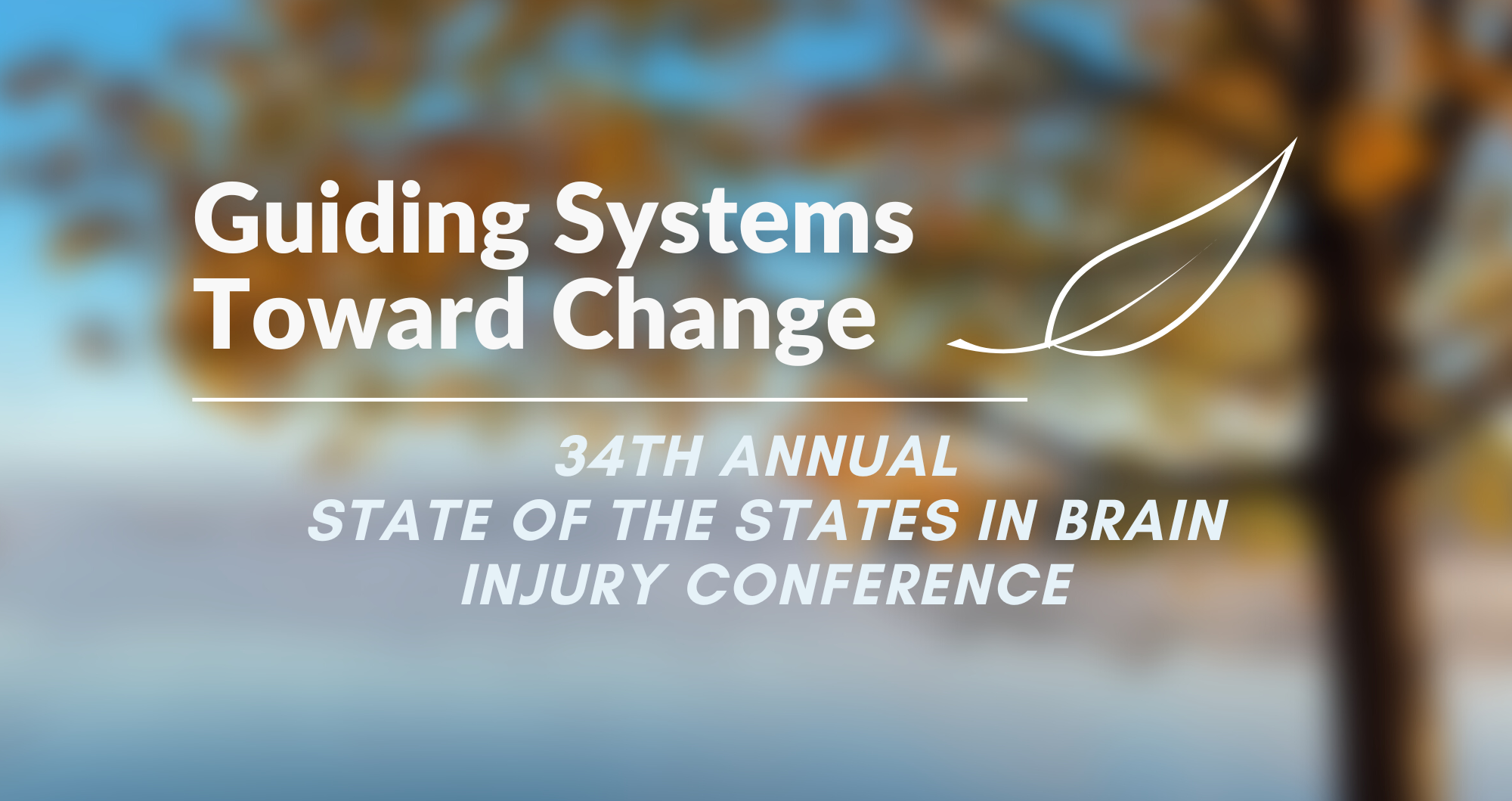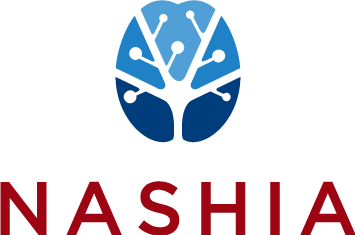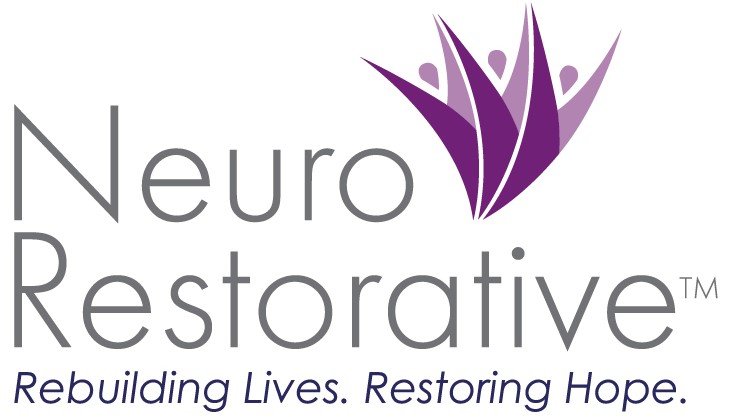
SOS 2023 Minneapolis, MN
Access the online event app to see the agenda, speaker bios, presentation materials, and CE information.
Navigate the app using the blue buttons and the “pages” menu on the top left.
Contact Us
For more information, contact info@nashia.org.
Congratulations to the Student/Emerging Researcher Poster Session Winner!
This year's SOS event included the second STUDENT/EMERGING RESEARCHER POSTER SESSION. Posters were shared on the SOS app, where students/future leaders in the field of brain injury were able highlight their research. Poster sessions included video links, publications and images. Eleven submissions were approved, and one was selected by popular vote.
Title: Stakeholders' Perspectives on Cognitive Fatigue after Childhood Brain Injury
Contributors: Jessica Riccardi and Brooke Underhill, University of Maine
Overview: Cognitive fatigue after childhood acquired brain injury (ABI) is known to negatively impact engagement in typical academic and social activities, yet limited evidence is available to inform clinical practices. The purpose of this research study was to explore stakeholders’ perspectives on cognitive fatigue for children with ABI to inform future directions for clinicians and researchers. Twelve parents of children with TBI and 35 SLPs participated in an online survey. Parents reported being between “somewhat” and “highly aware” about cognitive fatigue, while SLPs reported being between “neither aware or not aware” and “somewhat aware”. Parents reported being between “somewhat comfortable” and “very comfortable”, while SLPs reported being between “neither comfortable or uncomfortable” and “somewhat comfortable” addressing cognitive fatigue in children with ABI. SLPs “somewhat” to “strongly” agreed that cognitive fatigue for children with ABI was within their scope of practice. Parents and SLPs reported accommodations and strategies useful to managing cognitive fatigue in children with brain injury, as well as factors that worsen and lessen cognitive fatigue. These preliminary findings begin to address a critical gap in the clinical assessment and management of cognitive fatigue in children with ABI.








